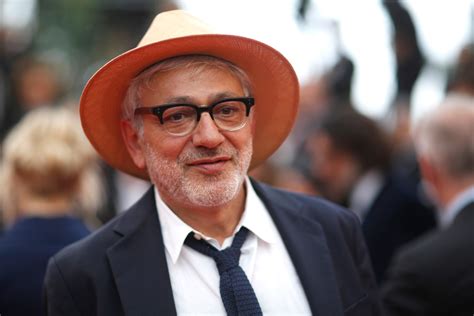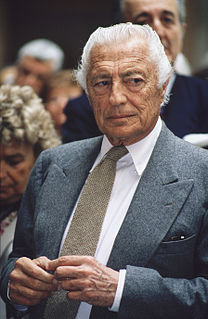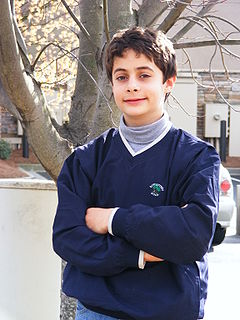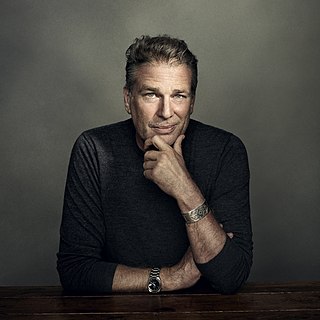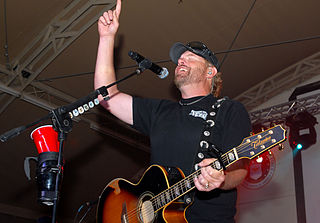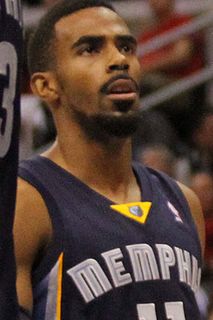A Quote by John Hurt
I've got plenty of train memories. I was sent to school when I was eight years old in 1948 in Kent. So I had to go through London in 1948, just after the war. Many ,many strange experiences.
Related Quotes
I graduated in June 1948 and then went in the fall to the art school. I stayed with my cousins on Seventeenth Street in the beginning, and later had my own apartment very near there and was able to walk to the Art Institute on Elmwood Avenue. The school had a faculty of local artists - Jeanette and Robert Blair, James Vullo who were well known in the area. It was a school that I think thrived on returning GIs, as many schools did at that time. It was a very informal program - but it was professional.
Israel, the Israelis, and the rest of the world have been brainwashed. They don't think of pre-1948, they have no idea Palestinians were in Israel, who we were before '48. As if we were born in 1948 according to them. They have no notion that we had a country, houses, rebelled against the Ottomans and the British. They think history in that region started in that moment.
I got into politics when I was eight years old. Six years now. And I got involved because I started listening to talk radio. It goes back to one event. The Democrats filibustered something in the Senate when I was eight years old. I don't remember what it was on and I didn't honestly care when I was eight years old. I cared about the history and the Senate rules.
I've had plenty of arguments in Memphis with Tony Allen, Marc Gasol, Rudy Gay, Zach Randolph, we all go through that spell, you ride with each other for so many years, you have a situation where you go at one another to push each other. It's normal in basketball, normal in life. It's just so public in this game.





